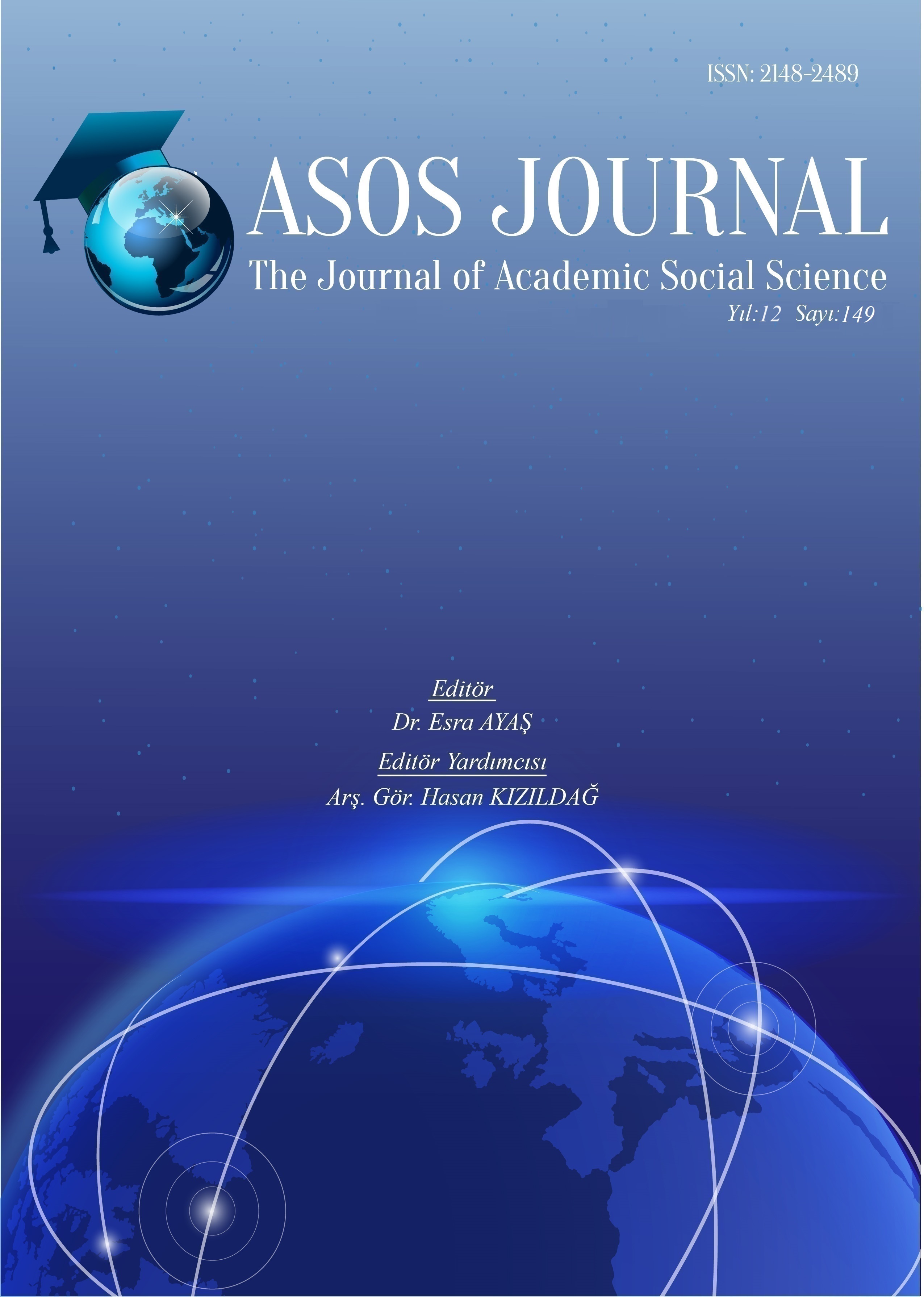TÜRK MÜZİĞİ DEVLET KONSERVATUVARLARINDA UZAKTAN EĞİTİM İLE YAPILAN ÇALGI EĞİTİMİ DERSLERİNE İLİŞKİN ÖĞRENCİ GÖRÜŞLERİ
Author :
Abstract
Bu çalışmanın amacı Tekirdağ Namık Kemal Üniversitesi Türk Müziği Devlet Konservatuvarı Çalgı Eğitimi Bölümü öğrencilerinin uzaktan eğitim ile yapılan çalgı eğitimi derslerine ilişkin görüşlerini ortaya koymaktır. Nitel yöntem benimsenen çalışmanın deseni durum çalışmasıdır. Çalışma grubunu Türk müziği devlet konservatuvarında 1, 2, 3 ve 4. sınıfta öğrenim gören toplam 36 öğrenci oluşturmuştur. Çalışmanın verileri yarı yapılandırılmış görüşmeler ile elde edilerek içerik analizi ile çözümlenmiştir. Çalışmanın sonucunda öğrencilerin büyük çoğunluğu uzaktan eğitim sürecinde alınan çalgı eğitimi derslerinin; verimsiz ve olumsuz olduğunu, derslerin tekrar izlenebilirliğini avantaj olarak gördüklerini, sistemsel problemleri dezavantaj olarak gördüklerini, onlara katkı sağmadığını, çalgı performanslarının düştüğünü, motivasyonlarını olumsuz yönde etkilediğini ifade etmiştir. Son olarak öğrenciler, çalgı eğitimi derslerini yüz yüze eğitim şeklinde tercih ettiklerini ifade etmiştir.
Keywords
Abstract
The aim of this study is to reveal the opinions of Tekirdağ Namık Kemal University Turkish Music State Conservatory Department of Musical Instrument Education students about instrument training lessons offered through distance education. The design of the study adopting the qualitative method is case study. The study group consisted of a total of 36 students studying in the 1st, 2nd, 3rd and 4th grades at the Turkish music state conservatory. The data of the study were obtained through semi-structured interviews and analyzed with content analysis. As a result of the study, the majority of students learned that the instrument training lessons taken during the distance education process; they stated that it was inefficient and negative, that they saw the re-watchability of the lessons as an advantage, that they saw systemic problems as a disadvantage, that it did not contribute to them, that their instrument performance decreased, and was negatively affected their motivation. Finally, students stated that they preferred instrument training courses as face-to-face education.





